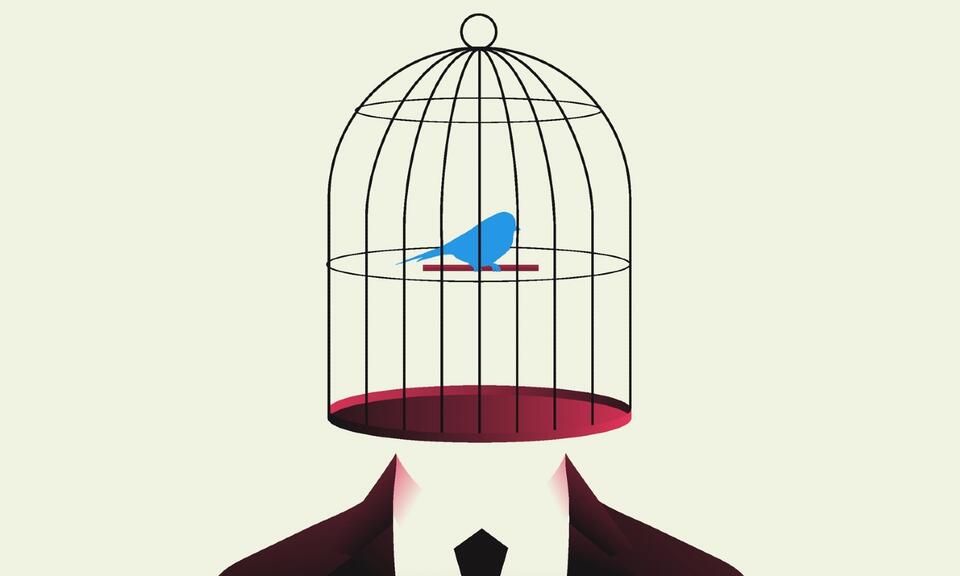Written by
Published
Category
Key topics
Discover the immunity metric, a new tool that measures and boosts customer loyalty and resistance to negative information. Learn how it can help you protect your brand reputation and win over your customers for life
When David Dao was dragged, screaming, from his seat on a United Airlines flight in 2017 because the flight was overbooked, footage of the incident taken by other passengers went viral. It caused widespread condemnation, hit the brand's share price where it hurt, and forced United into a costly financial settlement with Dao less than three weeks later.
Social media can now do untold damage to a brand in minutes, testing the most ardent consumer loyalty and rendering brand commitment, brand love and self-brand connection worthless. Surprisingly, it is often the customers with the strongest relationship to a brand who exhibit the most extreme negative reactions.
But what if a company could increase the resilience of brand loyalty against negative press by building a level of immunity among its core customers? And what if this could be achieved in a safe way that both measures and stimulates customer immunity at the same time?
Building immunity with core customers
This "immunity theory", with immunity referring to a customer's resistance to changing their perception of a brand – and their future behaviour towards it – when confronted with a negative scenario, forms the basis of our research.
By asking loyal customers to imagine a hypothetical and unfavourable story, we measure how this would affect their connection with the brand in the future and arrive at an immunity score. This exercise in negativity encourages consumers to consider a wider repertoire of information in their relationship with the brand, without the adverse effect of a real-world incident.
The cognitive dissonance created by the negative story taps into beliefs that reinforce a consumer's initial stance towards the brand and, once activated, these beliefs remain more readily available for information processing in the future. The combined effect creates a level of brand protection or immunity.
It is often the customers with the strongest relationship with a brand who exhibit the most extreme negative reaction
Having created and refined our immunity tool with a range of managers and consumers, we used studies of Amazon and Nike consumers to test our theory. In a separate study with Facebook users, we had the opportunity to put our theory to the test: Facebook posted full-page adverts in key US national papers attacking Apple, claiming the company's mobile software changes around targeted advertising were bad for small businesses, to which Apple responded by blaming Facebook's "disregard for user privacy". The debacle resulted in a lot of negative publicity for Facebook, allowing us to test the impact on our own groups in a real scenario; the results mirrored the data from our first two studies.
Finally, interviews with managers have provided feedback on the practicality and usefulness of the immunity tool; measuring the strength of customer-brand relationships is a key managerial issue since it can help brands achieve sustainable growth.
Protecting brand love
The CEO of a logistics firm that uses the immunity metric told us: "I believe immunity is a true test of the strength of the relationship. We get deeper insights with this metric, which helps us invest in our client relationships more effectively.”
In terms of the impact on future behaviour, immunity is clearly a branding game changer. Feedback from senior managers, some of whom who have been using the tool for more than 12 months, confirms its value.
One manager told us: "Measuring sentiment is great but being able to vaccinate against future negative information is very attractive. I just witnessed the power of the vaccination effect first hand: a disgruntled former customer recently attacked us on a popular review site. It’s not the first time this has happened but the difference is this time it seemed to have virtually no impact on our other customers, with several of them actually going out of their way to express support for us, whether online or directly to me. This is unlike anything I’ve seen in the past and I don’t think it’s just coincidental.
“It’s not enough to have a great product or a sound recovery strategy. We really need to insulate ourselves from future negative information proactively.”
Our research remains exploratory in nature, but it's clear that brand love is increasingly hard to protect when fire-fighting negative publicity. Our immunity metric has the dual benefit of measuring customer immunity, which we find to be a strong predictor of future customer behaviour, while also actively stimulating it and providing some protection in the future.
This article draws on findings from "Immunizing Customers Against Negative Brand-Related Information" by Omar Merlo (Imperial London), Andreas B. Eisingerich (Imperial London) and Wayne D. Hoyer (University of Texas at Austin).



